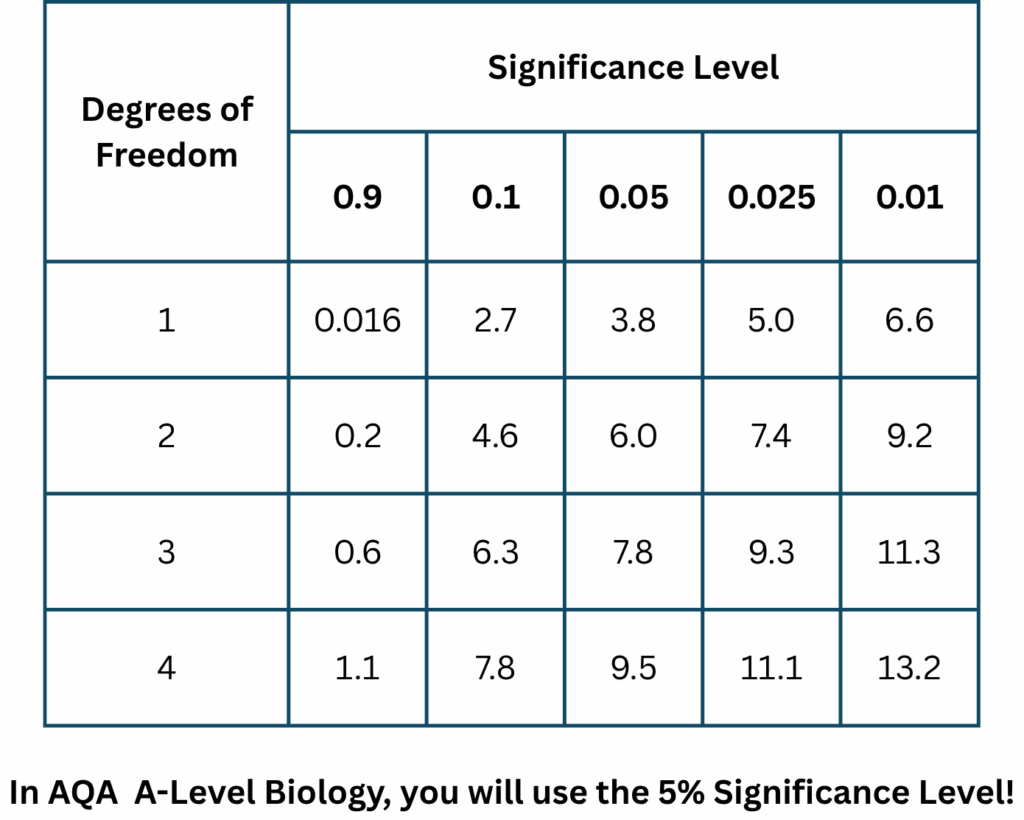
Almost all A-Levels feel like a big step up from GCSEs, purely because of the extra content. As you are now only learning about 3-4 subjects instead of 10-11, the depth of understanding and content within these subjects increases.
A Level Biology may just seem endless content but unlike GCSEs, there are many more application-style questions involved where you have to use the content you know in a new or unfamiliar scenario.
The four key steps to success in A Level Biology are:
A common misconception is that if you remember your textbook in A Level Biology, you will get an A*.
You have to learn how to tie topics together. For example, understanding enzyme activity isn’t just about remembering that temperature affects rate. It is about knowing how kinetic energy will change the collision frequency and how denaturation affects the tertiary structure, affecting the active site’s ability to bind to the substrate molecule.
A SmartX tip is to try to teach a topic aloud in your own words. If you can clearly explain why something happens – not just what – you have truly mastered it.
At A Level, exam questions will rarely just ask you to repeat what you know. They will rather test how to apply it in a new biological context.
Example:
A question that is about HIV might test your understanding of antibody binding, cell-cell interactions, enzyme activity, as well as data analysis skills. Examiners have been known to give you a new treatment for a disease and then ask for suggestions on how it works using the information provided.
To develop this skill:
Expert GCSE Tutors focus on helping students recognise these keywords and train you to “think to link“
A Level Biology exams have entire sections dedicated to data handling, experimental design and statistical interpretation. Refining these skills is required for the top most grades.
Examples of what is tested:

You need to be familiar with this table and how to use it in an exam!
SmartX Tutors help students to “think like an examiner” so that the marker is compelled to give you the marks. Phrases such as hydrogen bonds, active site, negative feedback, or phosphorylation often carry marks that general descriptions don’t.
Past papers are your best friends. The best way to make sure you know how to apply your knowledge is through past papers. They can also give you a lot of information on what to revise next. This is how you should do every past paper:
This method is something SmartX Tutors use with students to help make a curated exam prep programme that can be used to build accuracy, confidence and exam timing.
A Level Biology success is not just going to come from memorising the textbook; it will come from understanding. By training with real exam questions, you can approach your biology exams with clarity and confidence.
At SmartX Tutoring, our one-to-one Biology tutoring sessions help students build these exact skills – turning confusion into confidence and knowledge into top grades.
© 2024 SmartX Tutoring | Privacy policy | Cookies | Terms & Conditions